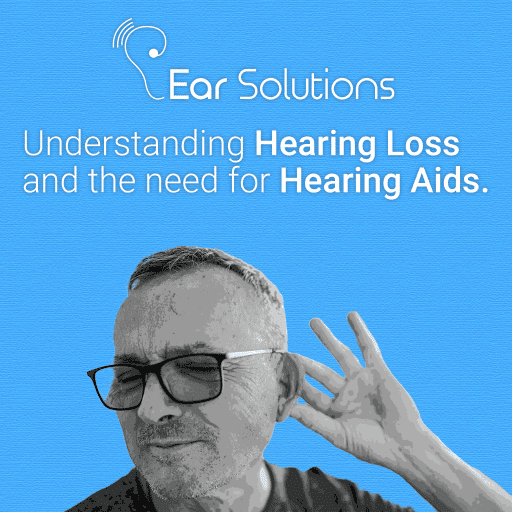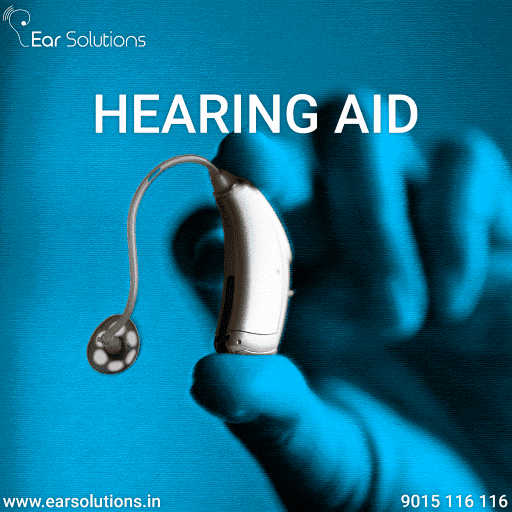
Hearing loss is a common issue that affects millions of people worldwide. It is a gradual decline in the ability to hear and can occur at any age. Some people may experience a mild decline in hearing, while others may experience severe hearing loss. Regardless of the severity, hearing loss can have a significant impact on a person’s daily life and overall well-being.
There are many different types of hearing loss, including conductive, sensorineural, and mixed hearing loss. Conductive hearing loss occurs when there is a problem with the outer or middle ear that prevents sound from being transmitted to the inner ear. Sensorineural hearing loss occurs when there is damage to the inner ear, or to the nerve pathways that transmit sound to the brain. Mixed hearing loss is a combination of conductive and sensorineural hearing loss.
There are many causes of hearing loss, including aging, exposure to loud noise, certain medical conditions, and genetics. Hearing loss can also occur as a result of certain medications or treatments, such as chemotherapy.

One of the most significant impacts of hearing loss is the difficulty it can cause in communication. People with hearing loss may struggle to understand speech, especially in noisy environments, which can lead to social isolation and decreased quality of life. Hearing loss can also impact a person’s ability to work, as they may struggle to understand important instructions or miss important details in meetings.
Fortunately, hearing aids can help to alleviate the impact of hearing loss. Hearing aids are small, electronic devices that are designed to amplify sound and improve hearing. They work by picking up sound through a microphone, amplifying it, and delivering it directly to the ear through a speaker. There are many different types of hearing aids available, including behind-the-ear, in-the-ear, and in-the-canal devices.
Hearing aids can provide a range of benefits for people with hearing loss. They can improve the ability to hear and understand speech, especially in noisy environments. This can help to reduce frustration and increase confidence in social situations. Hearing aids can also improve overall quality of life by allowing people to better enjoy their hobbies, take part in activities, and communicate with friends and family.
Hearing aids are also designed to be comfortable and easy to use. They are available in a range of sizes and styles to suit individual preferences, and many models are designed to be discreet and comfortable to wear. There are also a variety of features available, including noise-cancelling technology, wireless connectivity, and remote control options, that can further enhance the user’s experience.
It is important to note that hearing aids are not a cure for hearing loss, but they can help to alleviate its impact. The benefits of hearing aids can vary depending on the individual and the type and severity of their hearing loss. It is also important to choose a hearing aid that is suitable for the individual’s specific needs, and to work closely with an audiologist to ensure that the device is properly adjusted and functioning correctly.
In conclusion, hearing loss can have a significant impact on a person’s daily life and well-being. Hearing aids can help to alleviate the impact of hearing loss by improving the ability to hear and understand speech, especially in noisy environments. They can also provide a range of benefits, including increased confidence and improved quality of life. If you or a loved one is experiencing hearing loss, it is important to seek professional help and consider the use of hearing aids to enhance your hearing experience.




